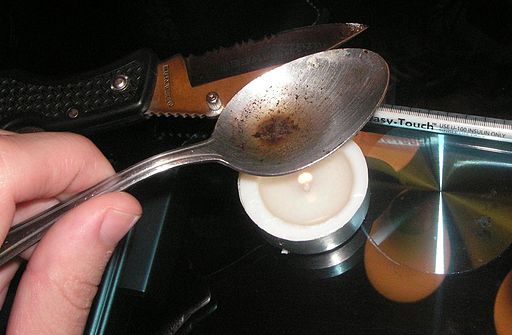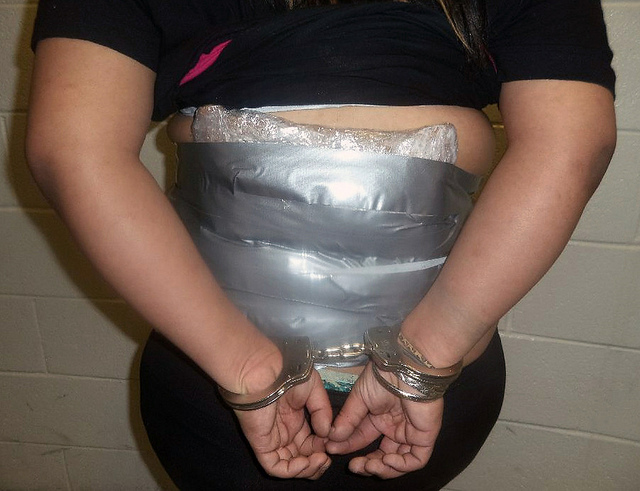It’s no secret that the world is constantly battling a war against the trade of narcotics. Almost every day, we read stories in the media about people across the drugs “food chain” getting caught and sent to jail. As you can imagine, law enforcement officials from countries like Colombia are always busy trying to stop drugs like cocaine from getting produced and exported to the rest of the world.
Unfortunately for them, it looks like the world of illicit drugs isn’t going to cease anytime soon. Campaigners have called for drugs to become a public health matter rather than a law enforcement one. Did you know that crime statistics for many countries show that substance abuse and distribution is one of the top reasons for people getting arrested?
Photo Source: Wikimedia Commons
With that in mind, is the world thinking wrongly about the production and sale of illegal drugs? Should it become legal and available to buy in retail stores? Or are we right to condemn the sale and use of narcotics like cannabis, cocaine, and heroin?
It’s no secret that some countries have taken a more softened stance towards drugs. In the U.S., some states have legalized marijuana for medical use. And Portugal took the controversial step of decriminalizing narcotics back in 2001. Here are the pros and cons of legalizing drugs:
Pro: Easier to control production, distribution, and sales
One interesting outcome of legalizing narcotics is that you are effectively creating a legitimate industry. As with other legal businesses, drug producers and dealers could make things official by openly manufacturing and selling drugs. However this is likely to come with many different nuances. Even now, there are many nuances to the legality of cannabidiol in each state, and no doubt the same would apply to other narcotics. They would also file tax returns and pay any duties according to what they sell.
That also means there won’t be people in jail for substance abuse and distribution charges. According to an article on the Acme Bail website, California stands to make around $1 billion annually from marijuana cultivators alone. When you take into account other drugs, the taxes on them could generate much higher incomes for each U.S. state.
Photo Source: Wikimedia Commons
Con: Drugs are addictive
As with prescription medicine, narcotics like heroin and cocaine can be addictive to recreational users. If illicit drugs were to become decriminalized, there is little evidence to show that they would be less appealing to people, and therefore a lower chance of being addictive.
At present, there is still uncertainty in the United States surrounding cannabis addiction among recreational users in states where it would be legal to use the drug.
Pro: Fewer people would lose their lives in the drugs trade
One advantage of legalizing narcotics is that there would be fewer gang-related deaths relating to the production and distribution of drugs. It’s a sad fact of life that people die each day even just because they work for rival gangs supplying cocaine and heroin.
Fewer deaths would also mean less pressure on law enforcement and medical services providers.
Con: Higher chance of drugs falling into the hands of children
One could argue that controlled legal distribution would limit narcotics falling into the hands of kids. But, there isn’t a foolproof way of avoiding that from happening.









